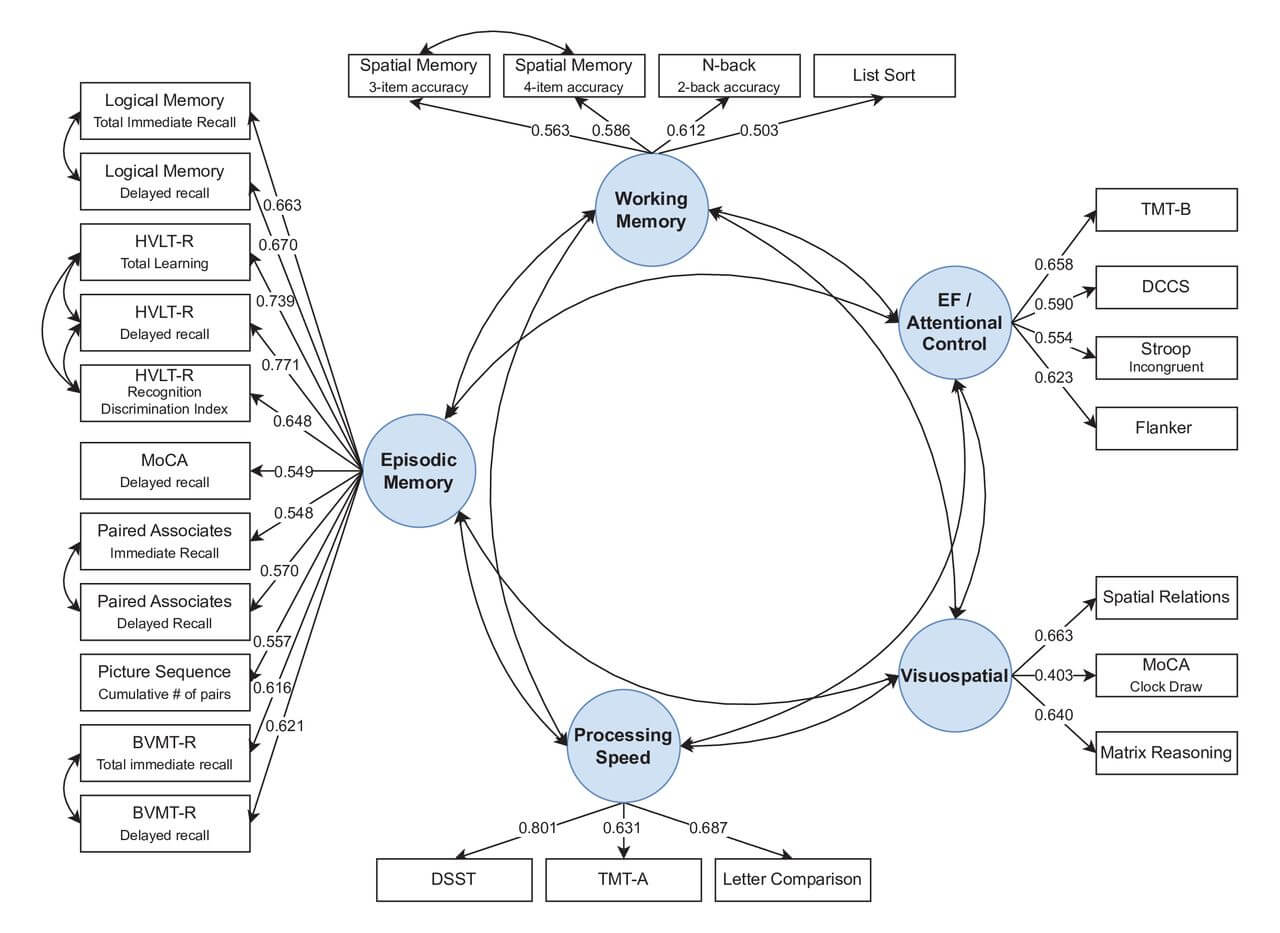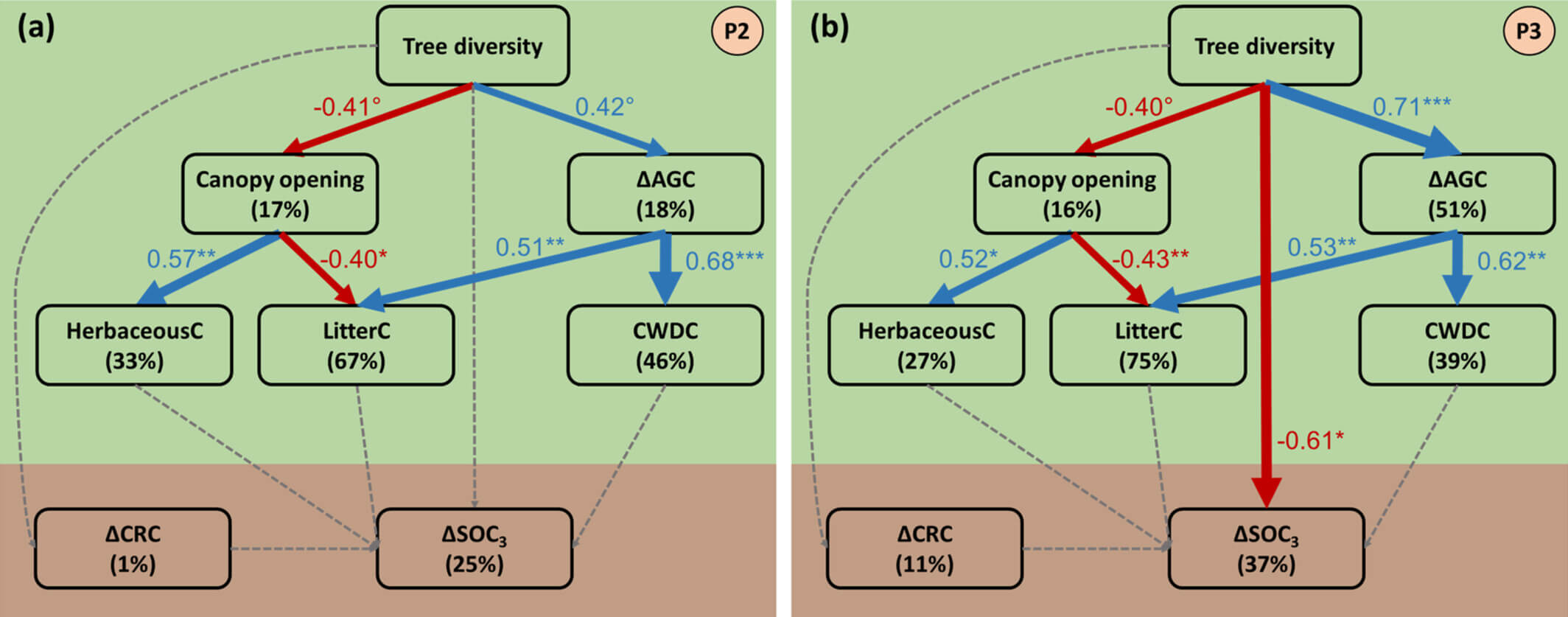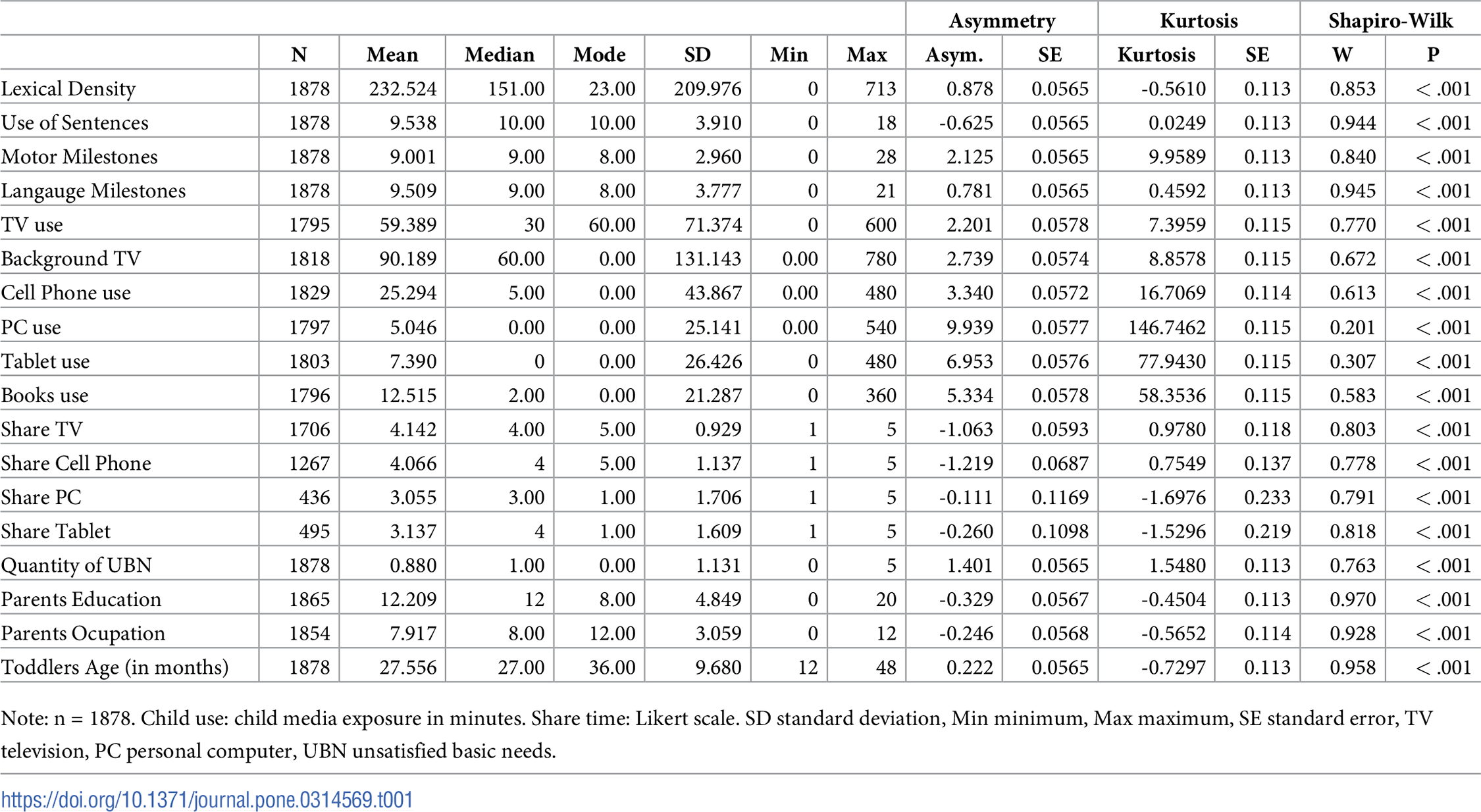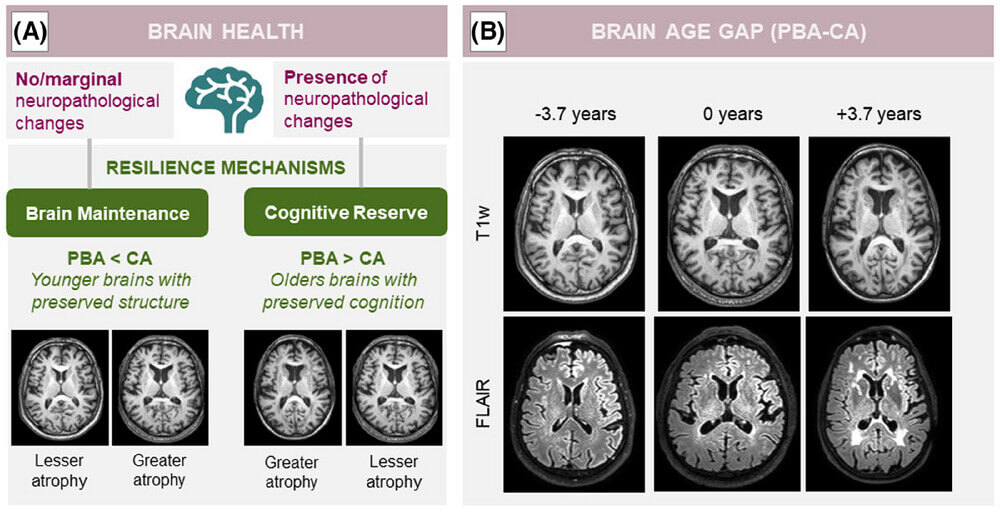
Imagine unlocking a secret that could keep your mind as sharp in your twilight years as it was in your youth. That’s the promise from a new study that links cardiorespiratory fitness to improved cognitive health in older adults. This isn’t just another health fad; it’s a potential game-changer in how we understand and combat the mental decline associated with aging.
Picture your grandparents or even yourself, at 65 or 70, taking brisk walks or cycling, not just to stay fit, but to keep the brain agile and memory intact. In an ambitious study conducted across several U.S. cities, researchers found that seniors who maintained higher levels of fitness experienced significant cognitive benefits. These findings reveal a simple yet powerful truth: staying active could be your brain’s best defense against aging.
The study, led by a diverse team of researchers including Lauren E. Oberlin and Kirk I. Erickson, revealed a captivating narrative: higher fitness levels are associated with sharper cognitive skills across various domains. Imagine an elderly woman challenging her grandchildren in a game of memory, or a grandfather deftly solving a puzzle—these scenarios are not just dreams but are grounded in data. Participants with higher fitness levels showed enhanced performance in areas like episodic memory, processing speed, working memory, and visuospatial abilities.
What’s particularly fascinating is that the benefits of fitness seemed to transcend the usual barriers. Whether an individual was a carrier of the APOE4 gene (a genetic variant linked to Alzheimer’s risk) or had fewer years of formal education, the cognitive advantages persisted. This suggests that fitness acts as an equalizer, offering its brain-boosting gifts regardless of genetic predispositions or educational background. Perhaps, in the rhythmic pounding of a heart or the rhythmic pace of a jog, lies a simple but profound truth: movement is not just for the body, but for the mind too.
In a sample of 648 older adults, with an average age of nearly 70 years, the research journeyed into previously uncharted territories. It ventured beyond ordinary measures, using a comprehensive neuropsychological battery to excavate the nuanced relationship between fitness and cognition. The evidence was clear: those with higher cardiorespiratory fitness performed better cognitively, maintaining a mental edge that defied the expectations placed upon aging minds.
Interestingly, the research also noted the role of beta-blockers, a common medication used for managing heart conditions. Participants taking beta-blockers exhibited a pronounced benefit in executive functions, suggesting a synergy between medication and fitness that could be harnessed in clinical settings. This insight beckons healthcare providers to consider the holistic interplay of fitness and medication in promoting cognitive health.
The implications of these findings ripple through public health discussions, urging policymakers and healthcare providers to rethink strategies for aging populations. Could regular aerobic exercise be the key to mitigating the looming crisis of cognitive decline? This research hints at a future where fitness regimens are tailored not just for physical health, but for mental resilience, creating a society where aging is synonymous with vitality, not decline.
References
Oberlin LE, Wan L, Kang C, et al Cardiorespiratory fitness is associated with cognitive function in late adulthood: baseline findings from the IGNITE study British Journal of Sports Medicine Published Online First: 10 December 2024. doi: 10.1136/bjsports-2024-108257








